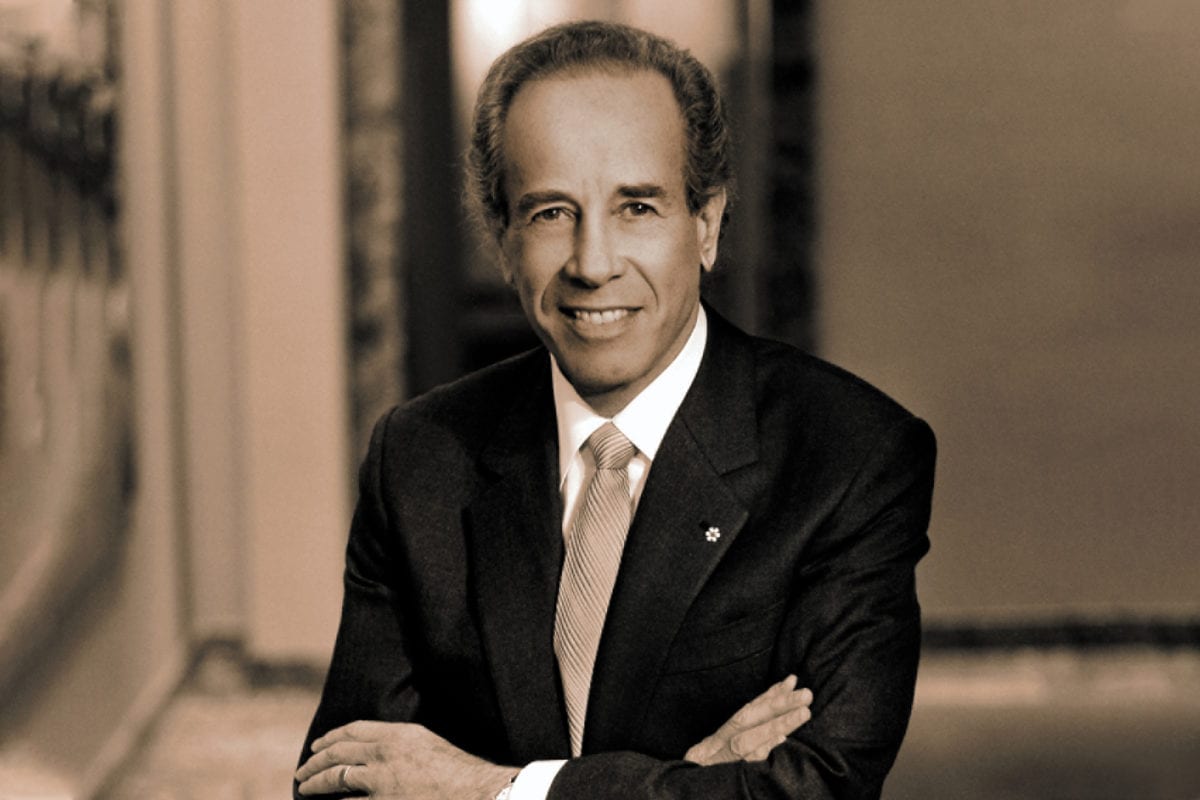An MBA offers sound theoretical and practical preparation for a confident entry into the business world. First, you need to decide on a business school. Here are four factors to consider.
Prestige
Reputation often heads the list because it speaks to the quality of the school and the student. Graduation from an elite business school suggests that you have completed a rigorous program, which makes you a top-notch candidate in the eyes of recruiters. The strength of this benefit lessens the lower your school ranks in the reputation listings.
Specialization
Business covers a wide range of specialties; not just in finance, marketing, and strategic management, but also in corporate social responsibility, entrepreneurship, information systems, international business, operations management, and many other categories. Assess your strengths, weaknesses, likes, dislikes, and personal goals. Decide where your interests lie, then find a school that offers the specialty you prefer.
Program Length
Think about how much time you can dedicate to obtaining your MBA. Depending on your personal circumstances, a part-time or accelerated program may offer the flexibility you need. For more information about a program that interests you, give the school a call. Helpful administrative staff are ready to help.
Fit
Ultimately, it’s about what is best for you. What are your short- and long-term goals? Draw up a five-year plan. Where do you see yourself professionally in that time? Where would you like to be? Where would you like to go? Once you have assessed your goals, you can start selecting the right business school for your MBA.
Obtaining your MBA can be a major accomplishment that can boost your career, whether you’re fresh out of school or continuing your education. And choosing the right school to suit your needs is a key part of that process.
Alex Correa | Staff Writer















